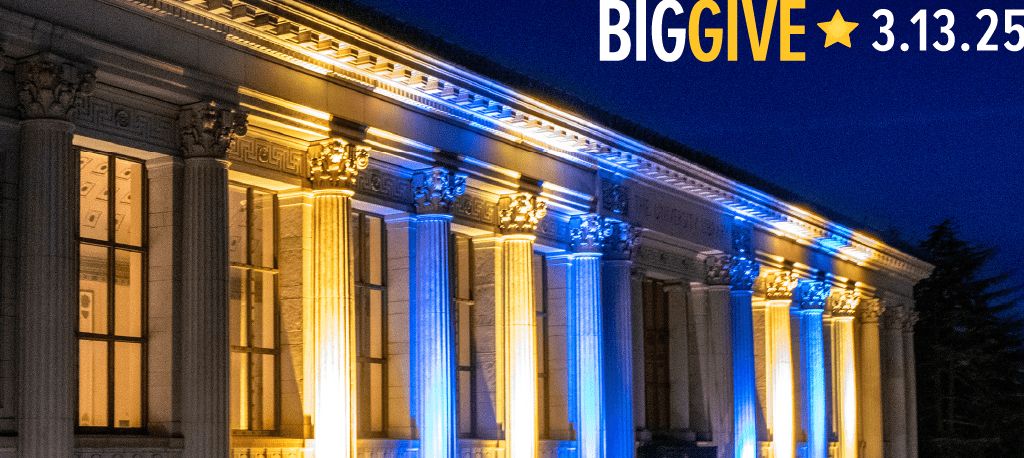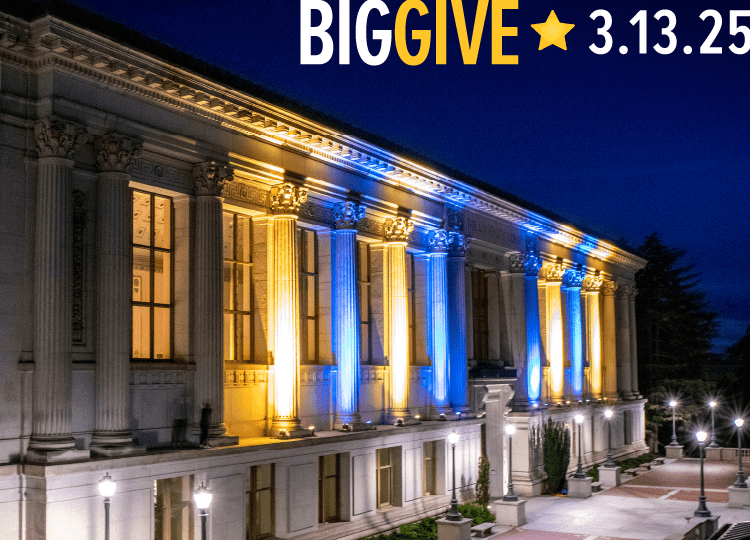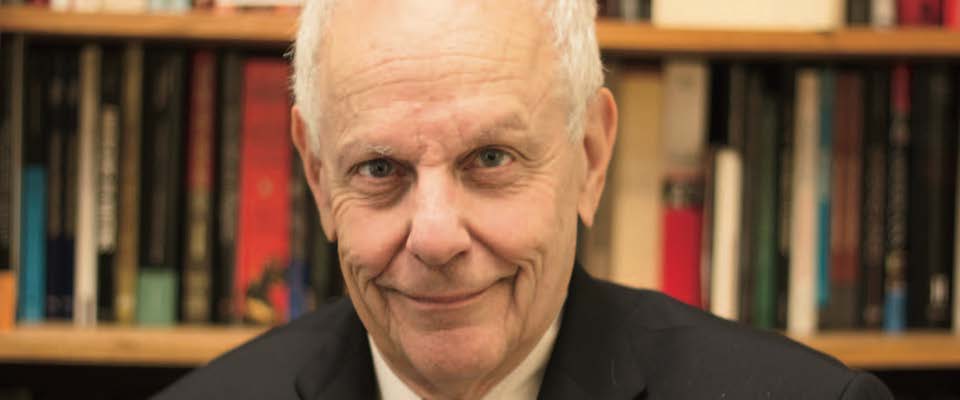Political science professor and outgoing director of the UC Berkeley Institute of Governmental Studies
1 California Magazine: You were born in Shanghai to Russian-Jewish refugees who, after WWII, moved to Hong Kong and then Tokyo. You attended college in Canada and eventually settled in Berkeley and became a U.S. citizen. How did your upbringing inform your academic interests?
Citrin: My family’s history was affected by world history and that made politics and international events part of our daily conversation. I was aware that we didn’t really belong to the country where we lived. We were aliens with no ability to participate as citizens; in Japan I carried an alien registration card as my ID. I also felt, as did my parents, a certain vulnerability to what the government might choose to do to people in our situation. This, I think, directed my research to a focus on the ties, including emotional ties, between people and authorities and to the underpinnings of national identity. My own immigrant background made me interested in immigration politics and public opinion about immigration.
2 In a poll IGS conducted last year of more than a thousand Californians, the large majority were against sanctuary cities as a strategy to combat President Trump’s proposed immigration policies. What explains that view, and do you think images in the media of ICE arrests, people detained at airports, etc., have changed it at all?
IGS has conducted several polls on this, the most recent in March of this year. The earlier 2015 and 2016 polls just asked about cooperation with the federal authorities in the case of an illegal immigrant detained for a crime. In that context, most people, both Democrats and Republicans, favored cooperation. More recently, opinion in California about sanctuary cities has swung, with Democrats now quite strongly in favor and Republicans still strongly opposed. What I think has caused the change in California is first and foremost Trump. His specter hovers over most political issues here and polarizes people on partisan lines. In addition, leading California politicians and the media have been largely favorable to the sanctuary city idea, and those cues also have an effect on public opinion.
3 In your 2014 book, American Identity and the Politics of Multiculturalism, written with David O. Sears, you concluded that Americans of all backgrounds and ethnicities felt positive about their national identity. American politics has gotten more polarized and nativist since. Do you think multiculturalism and patriotism can continue to co-exist?
In our book we distinguished among types of national identity, with nativism as one version and a civic, inclusive version as another and also between patriotism and chauvinism. We also pointed out that multiculturalism has many meanings: One is simply differences in ethnic background or national origin, the other is an ideology which at the extreme thinks of each ethnic group as fundamentally different and a kind of nation in its own right. We show that most Americans of all backgrounds don’t favor that ideology and have an emotional attachment to their country. I do believe that patriotism can coexist with a diverse society, but what makes this hard to achieve is a hardening of differences in the political parties and the idea that one’s ethnicity is one’s core identity.
4 Discussions of immigration seldom focus on what a coherent U.S. immigration policy would actually look like. Could you describe a workable system?
Here goes: A workable system would be to increase legal immigration and to make visa allocation based more on skills and the potential for integration than on family reunification, which is dominant now. Legalization of the almost 12 million illegal immigrants would be part of a program, although there would have to be some prioritization and selectivity on grounds that meet criteria of justice and humanity. This would only be politically acceptable if there were border security, a sine qua non of national sovereignty. In that regard, I am mystified by the opposition to a national identity card, which most countries in the world have. Americans generally accept the idea that this is a nation of immigrants, but they also favor assimilation and “earned citizenship.” So an improved immigration policy would include support for learning English, for example.
5 You’re retiring after many years at Berkeley. How has higher education changed over your career?
When I came to Berkeley, the campus was at its zenith in the social sciences. Departments like sociology, history, philosophy, and political science were filled with luminaries who were shaping their disciplines and who emphasized breadth as well as depth. Higher education has become more specialized and technical as technology has made it possible to perform more complex data collection and analysis. There is a welcome move to inter-disciplinary research. The student body has of course changed. It is much more diverse in terms of background and in some ways in preparation. Here too technology has had an impact. I find that students have read less and are more attached, almost physically, to learning through the Internet. They also are more career-oriented than I remember. Finally, higher education at public research universities confronts huge challenges in funding, and there will have to be new paradigms. My hope is that Berkeley remains unequivocally committed to one value: excellence.
The Institute of Governmental Studies has created the Jack Citrin Center for Public Opinion Research in his honor, which will conduct polling, support research, and organize symposia. To contribute go to give.berkeley.edu/citrin.



















